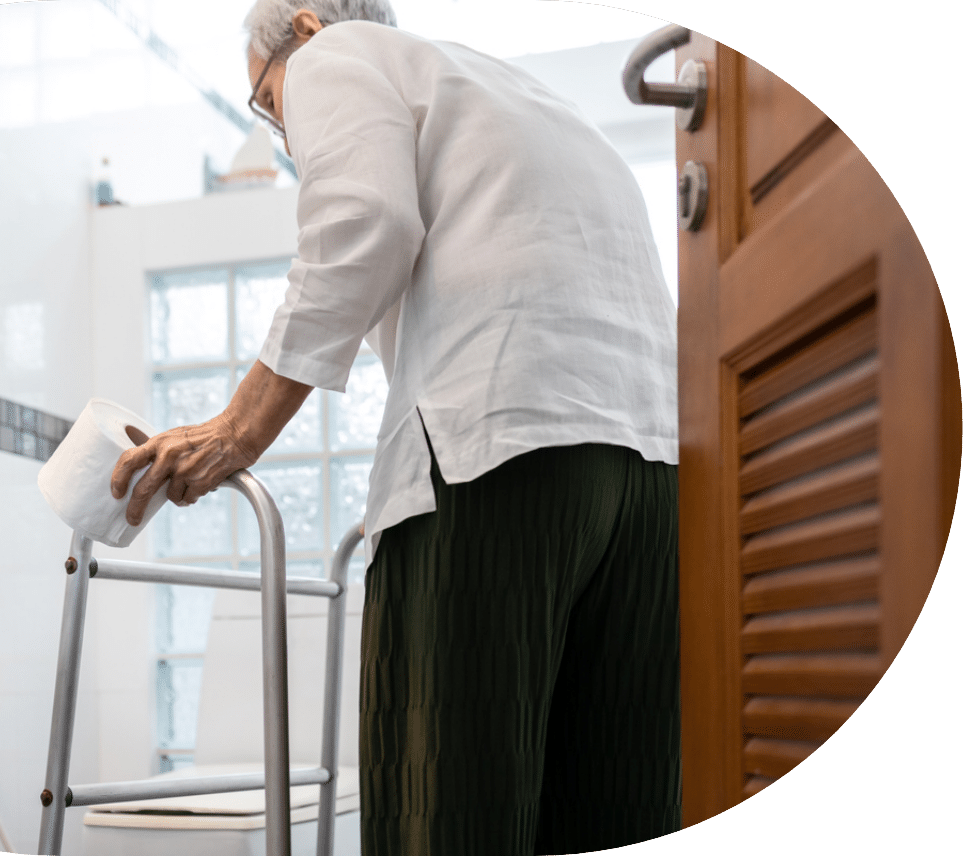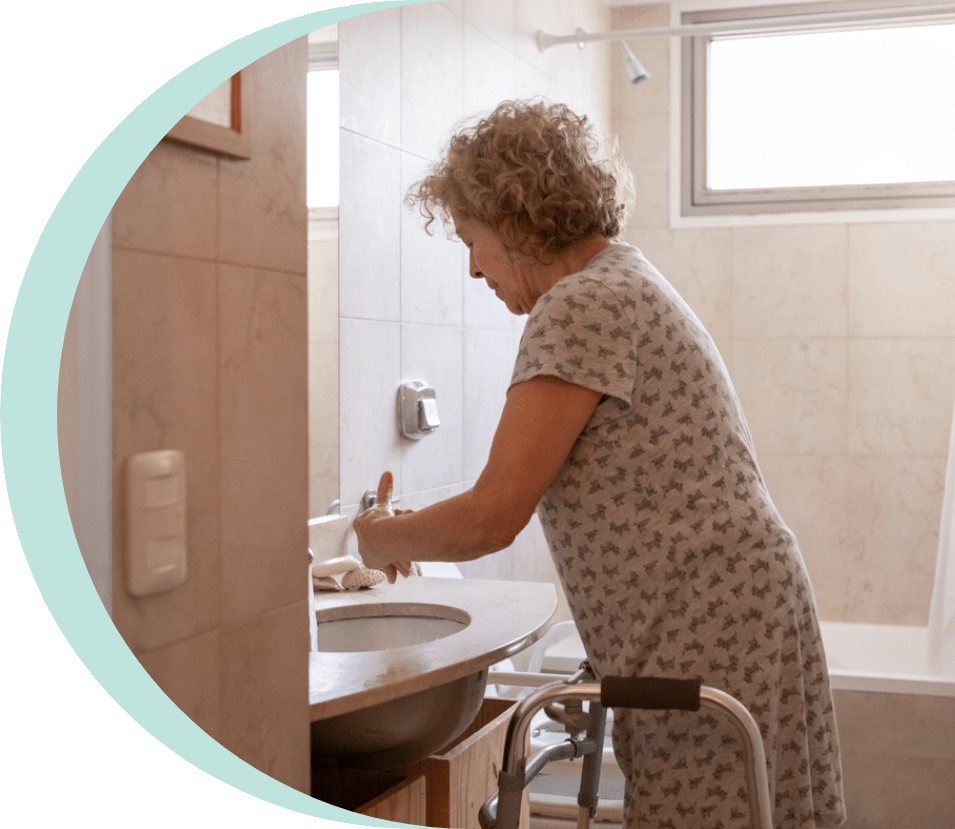Urinary Incontinence in Seniors
Urinary incontinence is a common condition affecting seniors, characterized by the involuntary loss of urine. It is a prevalent and often embarrassing issue that can significantly impact a person’s quality of life.

Common Causes of Urinary Incontinence
It is essential to consult a healthcare professional to determine the underlying cause of urinary incontinence, as the appropriate treatment will depend on the specific diagnosis.
Common causes of urinary incontinence include:
- Weak Pelvic Floor Muscles: Weakening of the muscles that support the bladder and urethra can result from aging, childbirth, obesity, or certain surgeries.
- Urinary Tract Infections (UTIs): Infections in the urinary system can increase the urgency and frequency of urination, leading to incontinence.
- Neurological Conditions: Diseases such as Parkinson’s, multiple sclerosis, stroke, or spinal cord injuries can disrupt nerve signals between the bladder and brain, causing incontinence.
- Medications: Certain medications, such as diuretics, sedatives, or those used to treat high blood pressure and mental health conditions, may contribute to urine leakage.
- Chronic Conditions: Conditions like diabetes, bladder stones, prostate enlargement (in men), and hormonal imbalances can all play a role in urinary incontinence.

Common Symptoms of Urinary Incontinence
It is important to note that urinary incontinence is not a normal part of aging and should not be ignored. Seeking medical evaluation is crucial for appropriate diagnosis and treatment.
Urinary incontinence can manifest in different ways, leading to varying symptoms in seniors:
- Stress Incontinence: Leakage of urine occurs when there is physical stress on the bladder, such as sneezing, laughing, or lifting heavy objects.
- Urgency Incontinence: A sudden, intense urge to urinate that results in immediate leakage.
- Overflow Incontinence: Frequent or constant dribbling of urine due to an overfilled bladder that cannot empty itself completely.
- Functional Incontinence: Difficulty reaching the bathroom in time due to physical or cognitive impairments.
Urinary Incontinence Treatment Options
Treatment for urinary incontinence in senior healthcare aims to manage the underlying cause and improve bladder control. Here are some common treatment options.
Urinary incontinence in seniors is a common and burdensome condition that can significantly impact quality of life. Understanding the causes, recognizing the symptoms, and seeking appropriate treatment options are essential for effective management. By addressing the underlying causes and implementing suitable interventions, seniors can regain control and maintain their independence in daily activities. At Greater Good Health, we address urinary incontinence in senior-focused primary care. Contact us today to schedule an appointment at a primary care clinic near you.
Elderly Urinary Incontinence Treatment at Greater Good
Empower your journey toward cognitive well-being with Greater Good Health’s innovative approach to treatment for dementia in senior-focused primary care. Our team understands the unique challenges faced by individuals and their families dealing with dementia. Contact Greater Good Health today, and let us guide you towards a brighter, more supportive future where every moment matters.

Our Urinary Incontinence Treatment Services
Explore our senior healthcare services for urinary incontinence. Whether through innovative treatments, lifestyle adjustments, or educational resources, we strive to empower seniors to regain confidence and enjoy an improved quality of life.